Survival rates for those infected with HIV/AIDS in the South are the lowest across the nation.
Nine southern states, including North Carolina, are hit disproportionately hard by HIV/AIDS, according to new research out of Duke University. The study found 15% of those diagnosed with HIV, and 27% diagnosed with AIDS, died within five years of their diagnosis, based on numbers from 2003 – 2004.
Lee Storrow, Executive Director of the North Carolina AIDS Action Network, says the disease has grown beyond its initial profile of mainly affecting young-to-middle-aged white gay men.
“Unfortunately, we have really seen this disease evolve over the last 20 years,” he says. “[We’re] seeing a new focus and new outbreaks amongst poor residents of this county – and a concentration of new epidemics in the South.”
Storrow adds many factors play into the increased HIV rates – and the lower survival rate associated with the disease – particularly in our region.
“When you look at poverty rates in the deep South, when you look at lower levels of education, and you look at the social stigma,” he says, “I think all of those are factors that are contributing to increased rates of HIV in the South.”
Storrow says the stigma associated with the disease is a major obstacle in battling its treatment.
He adds, while sexual contact is the main form of transmission, the disease can also be passed by sharing needles, among other avenues.
Unfortunately, Storrow says our social environment can be deadly for those who are HIV positive.
“That stigma is something that means that people don’t share their medical conditions. They don’t receive testing,” he says. “And there’s a number of people who have received testing, and might know that they’re HIV positive, but aren’t actually in care to receive the treatment that they need.”
He adds battling the stigma is difficult on several layers, including not being able to legislate against a social stigma as you can with other more overt obstacles.
Of what can be controlled, access is a major theme for treatment, according to Storrow.
“One thing we know,” he says, “is that if you have access to stable-consistent-safe housing, you’re ability to access medical care significantly increases.”
And access to steady-affordable medical care can then translate to more effective treatment of the disease.
Storrow says the biggest way state legislators can help in the fight against HIV/AIDS is by expanding Medicaid.
He adds it will take teamwork – between lawmakers, everyone in our community, and beyond – to fight back against HIV/AIDS.
Related Stories
‹
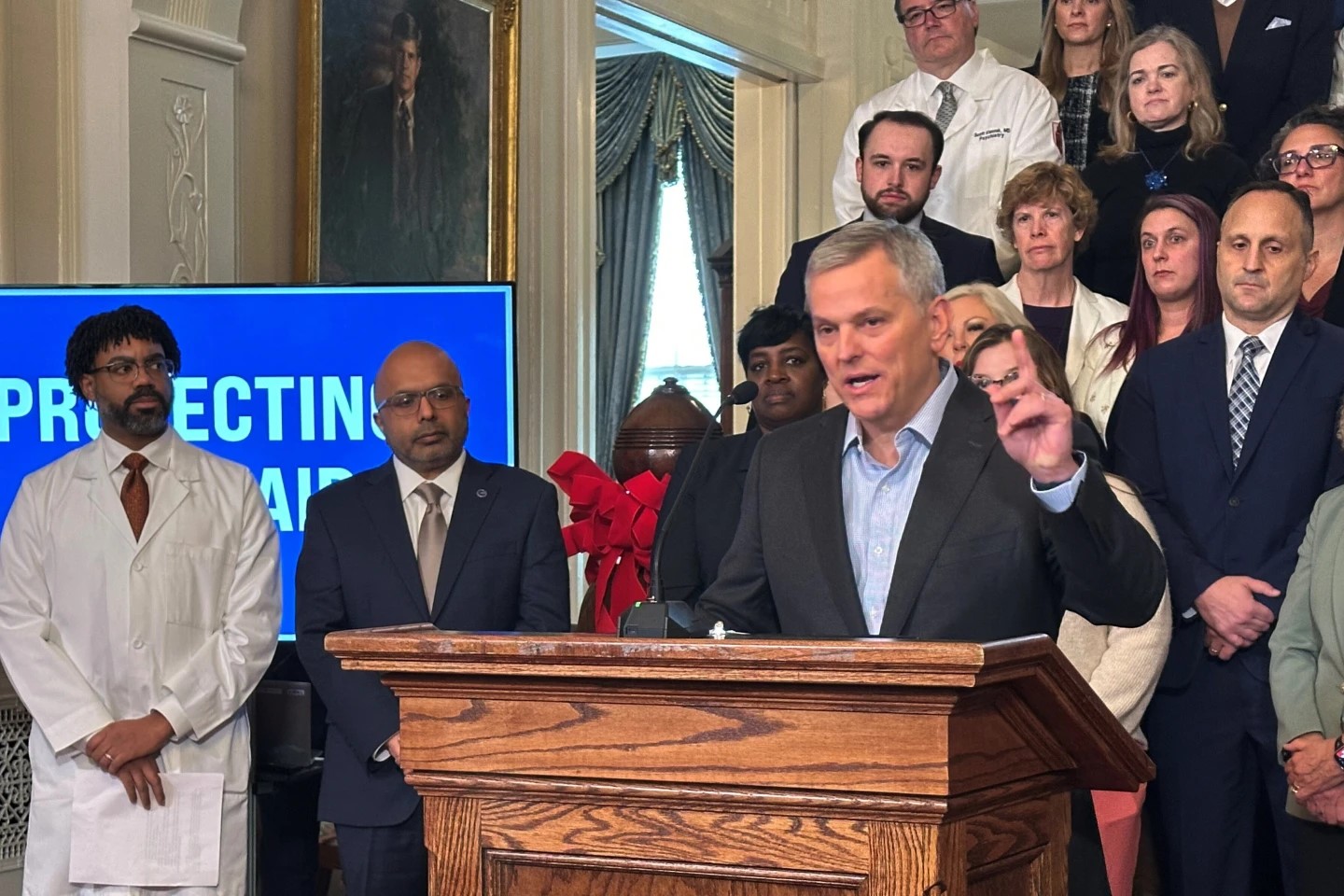
North Carolina Gov. Stein Cancels Medicaid Rate Cuts Amid Legal and Legislative BattlesNorth Carolina Democratic Gov. Josh Stein is canceling Medicaid reimbursement rate reductions he initiated over two months ago, preserving in the short term access to care for vulnerable patients.

North Carolina Medicaid Patients Face Care Access Threat as Funding Impasse ContinuesNorth Carolina Medicaid patients face reduced access to services as an legislative impasse over state Medicaid funding extends further.
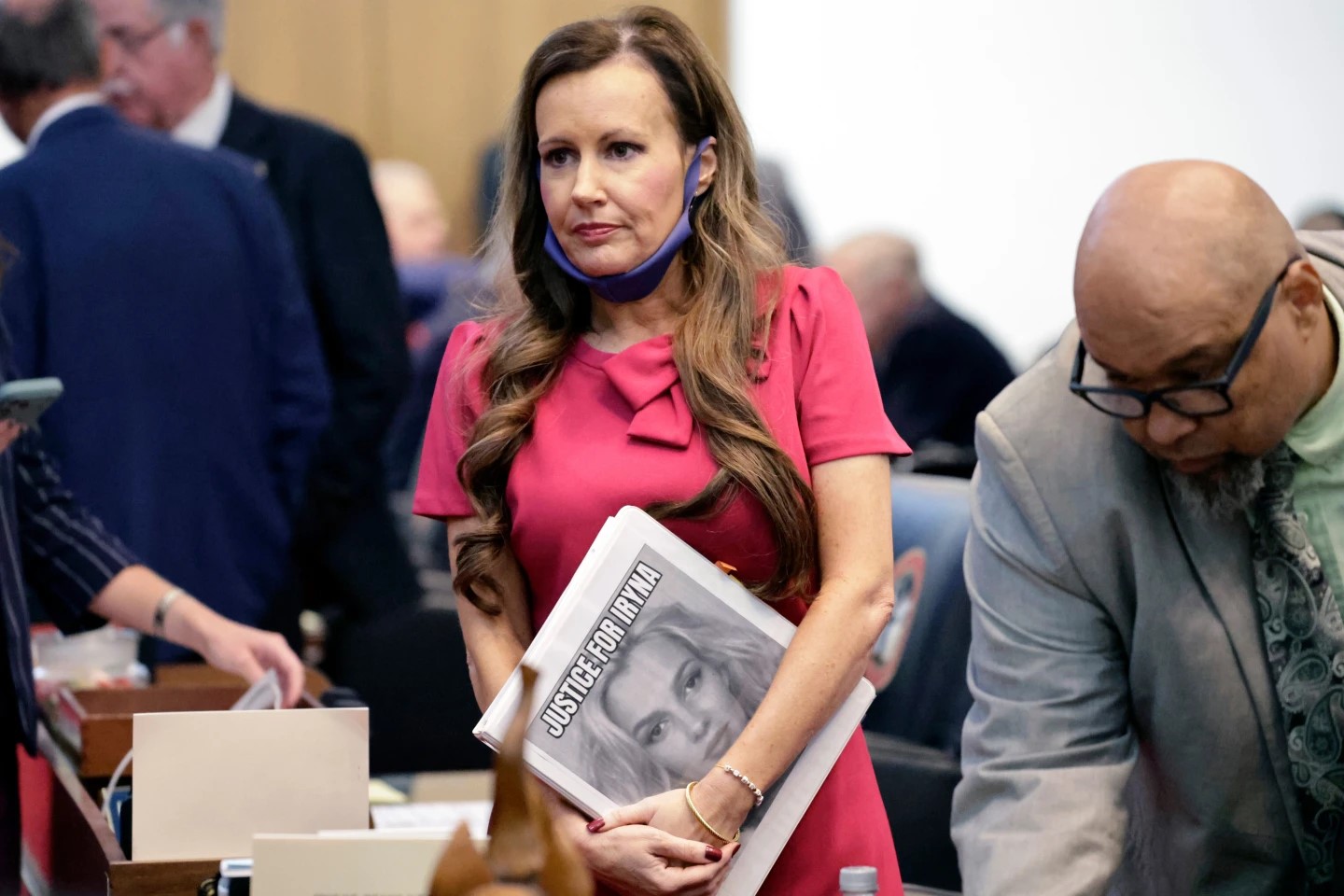
North Carolina Legislature Passes ‘Iryna’s Law’ After Refugee’s Stabbing DeathIn response to the stabbing death of a Ukrainian refugee on Charlotte’s light rail system, the North Carolina legislature gave final approval Tuesday to a criminal justice package that limits bail and seeks to ensure more defendants undergo mental health evaluations.
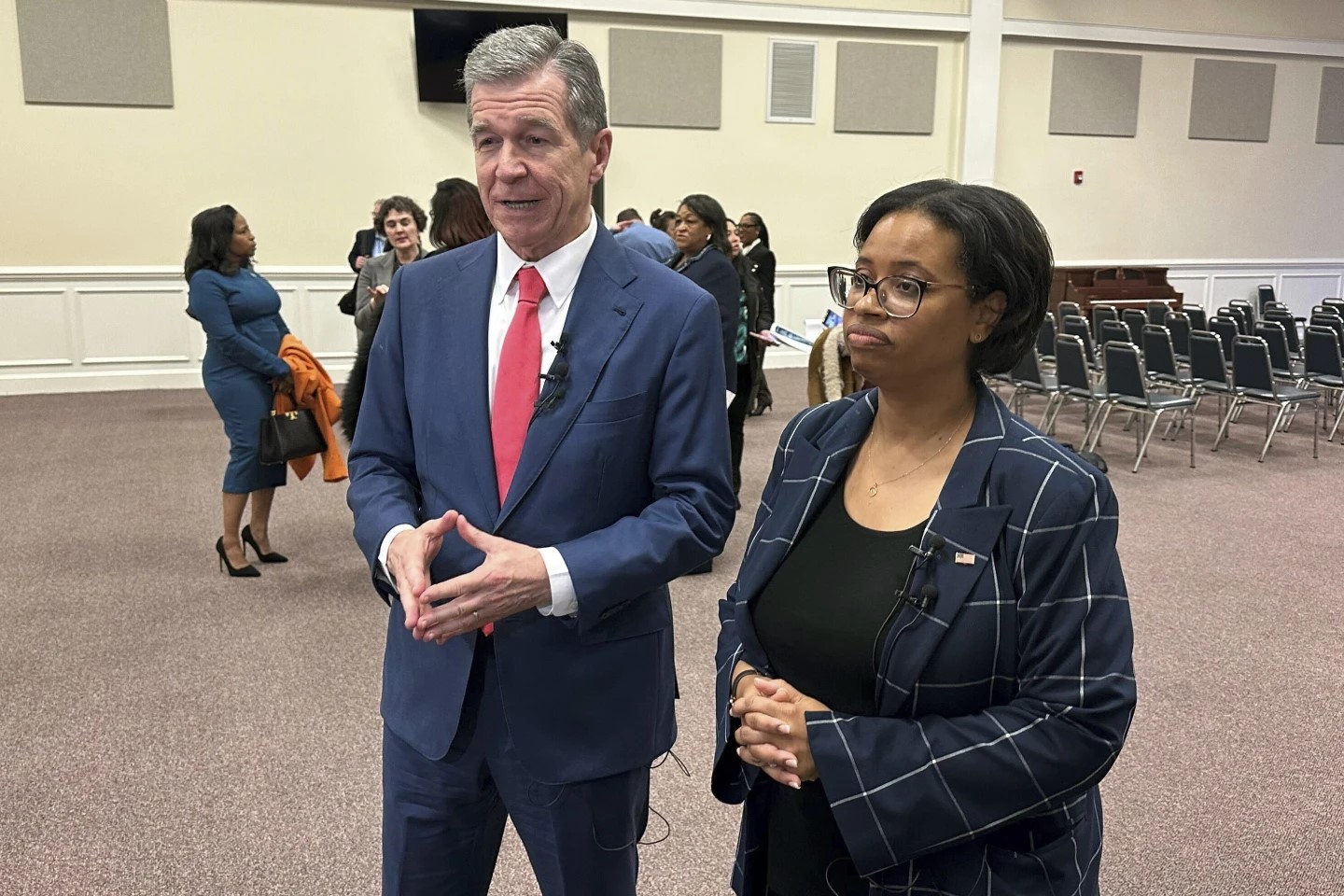
Cooper, Medicaid Leader Push Insurance Enrollment as North Carolina Medicaid Expansion Also GrowsWritten by GARY D. ROBERTSON North Carolina is barely a month into the start of Medicaid expansion in the state and over 310,000 low-income adults have now enrolled in the government health care coverage, Gov. Roy Cooper said Wednesday while hosting the nation’s chief Medicaid regulator. The Democratic governor joined Chiquita Brooks-LaSure, administrator of the Centers for […]
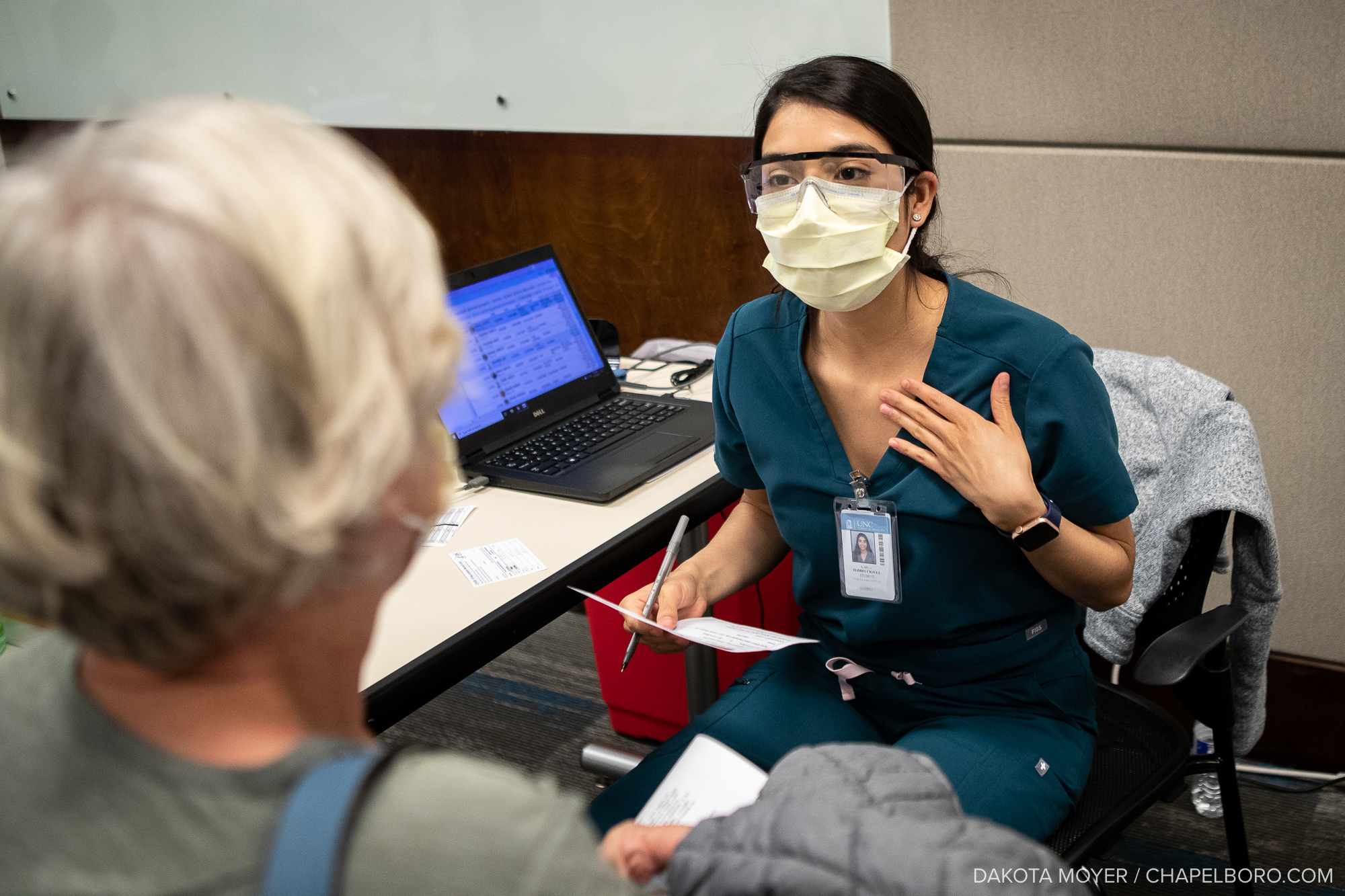
As NC Waits for Medicaid Expansion, Federal Provision Could Leave Some in Coverage GapNorth Carolina lawmakers came to an agreement to expand the state’s Medicaid services. But a recent change may leave some in a healthcare gap.
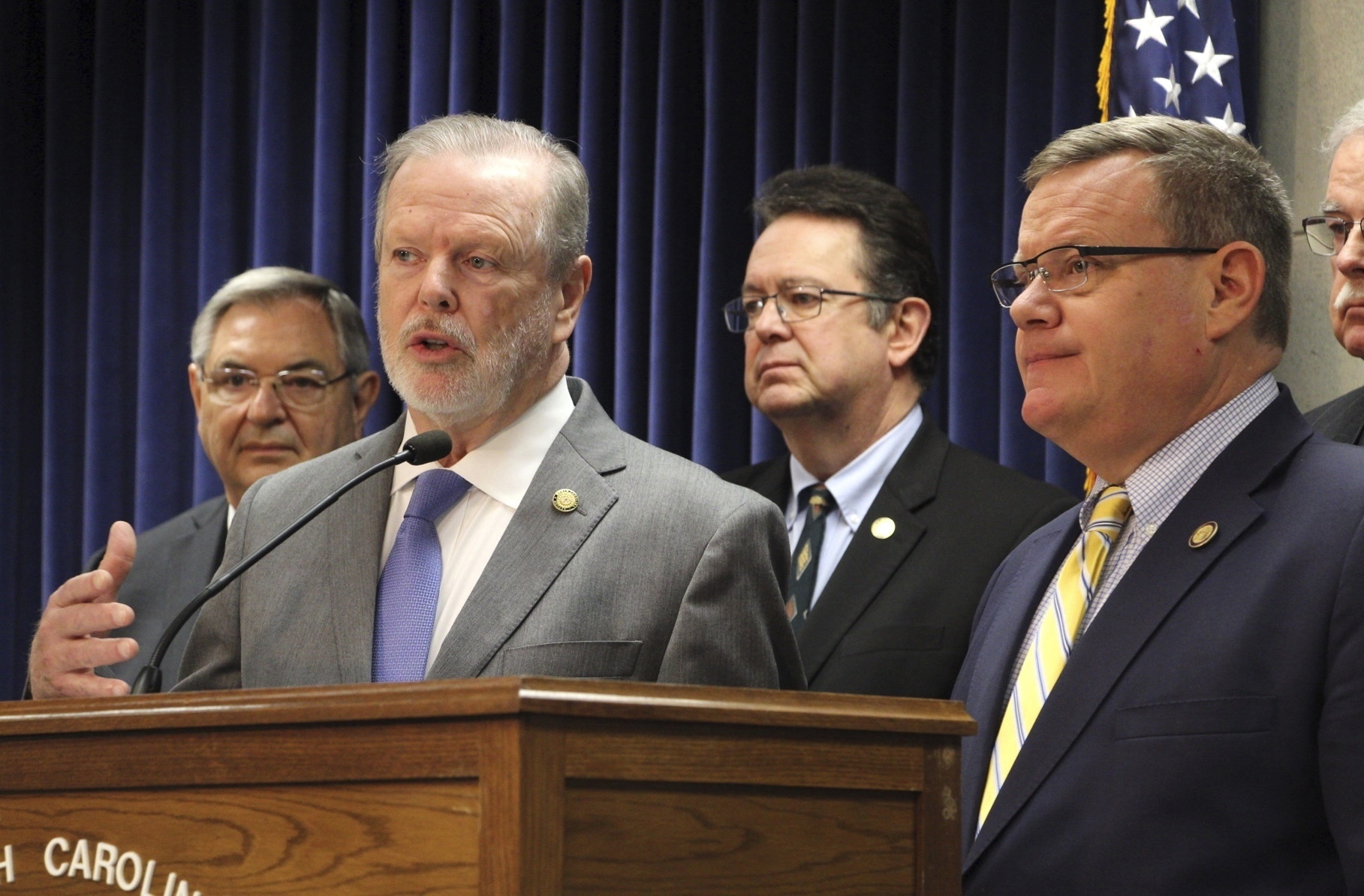
N. Carolina Legislators Reach Medicaid Expansion DealWritten by GARY D. ROBERTSON North Carolina legislative leaders announced Thursday an agreement to expand Medicaid to hundreds of thousands of additional low-income adults through the Affordable Care Act. The deal, which likely won’t be voted on until later this month, marks a milestone for Republican lawmakers, most of whom opposed expansion for a decade […]
![]()
Equity in Health Care - December 11, 2025What is the state of health care today, both nationally and here in our community? And what needs to be done to address disparities?
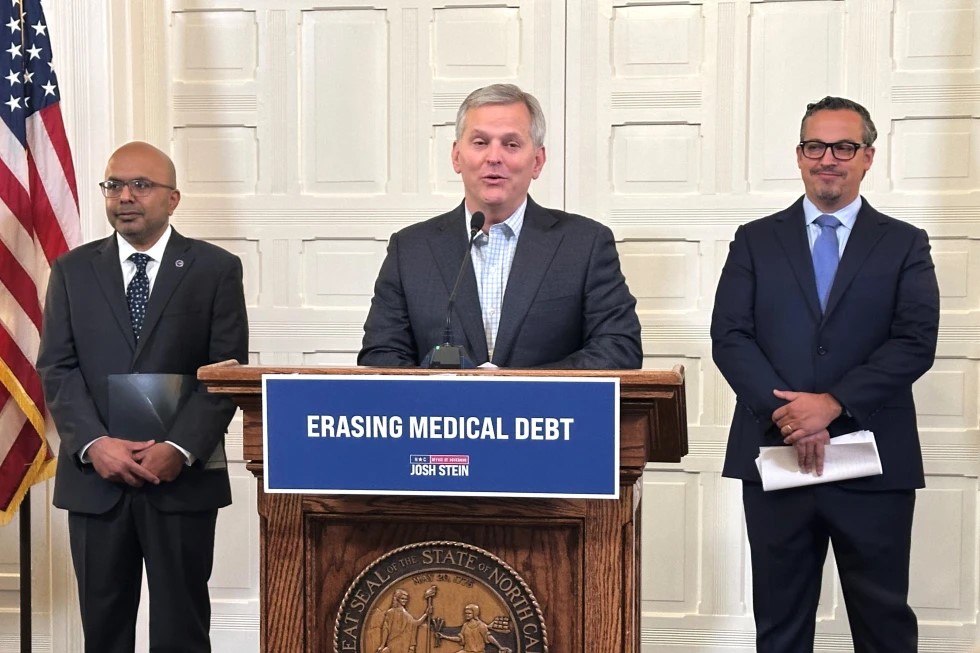
North Carolina Effort Wipes Out $6.5B in Medical Debt for 2.5M PeopleMore than 2.5 million North Carolina residents are getting over $6.5 billion in medical debt eliminated through a state government effort that offered hospitals extra Medicaid funds.
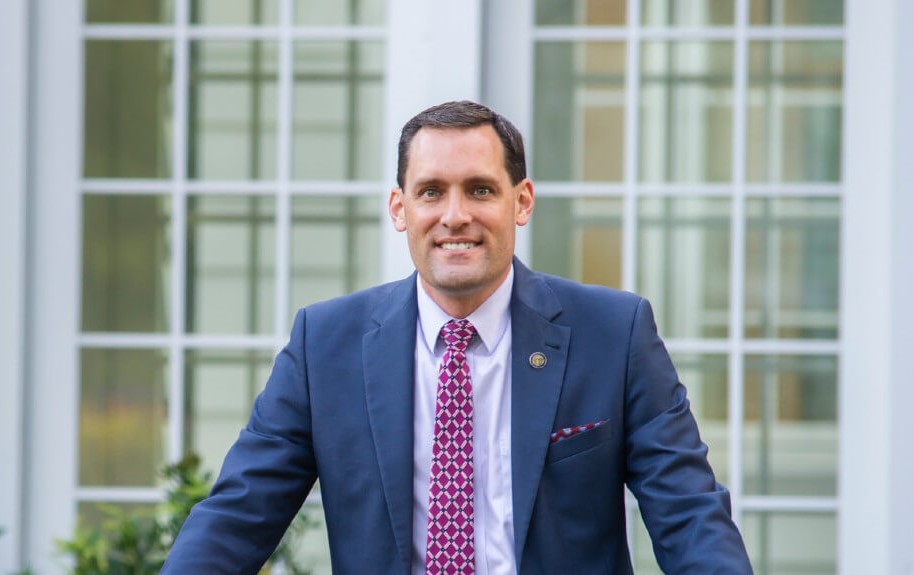
Sen. Graig Meyer Shares Updates on State Budget Impasse, Medicaid, Disaster Relief and MoreAhead of the North Carolina General Assembly reconvening, state Sen. Graig Meyer joined 97.9 The Hill to discuss several topics on his mind.
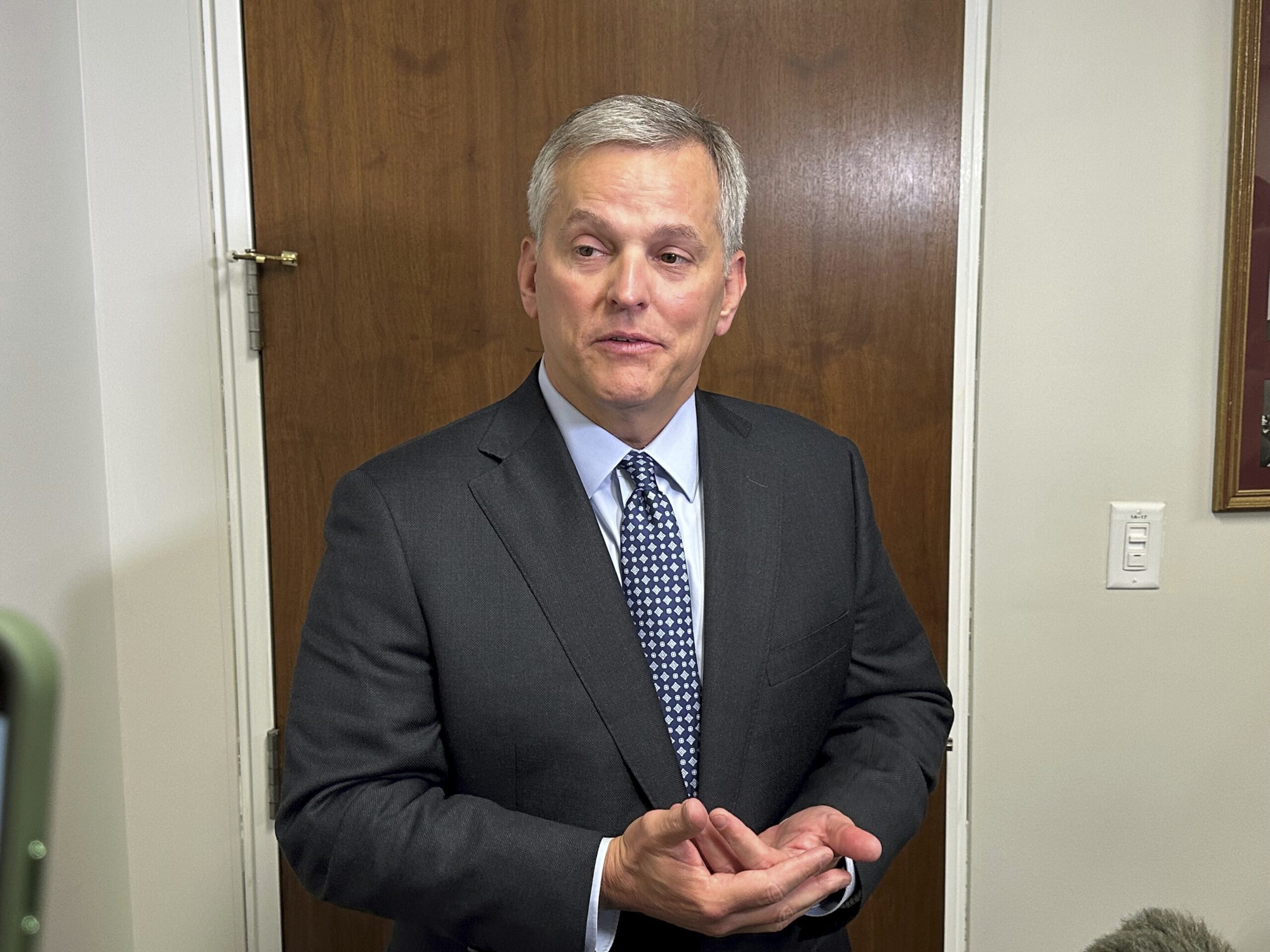
North Carolina Gov. Stein Signs Stopgap Budget Bill and Vetoes Opt-in Bill Helping School ChoiceWritten by GARY D. ROBERTSON RALEIGH, N.C. (AP) — North Carolina Gov. Josh Stein signed into law on Wednesday a stopgap spending measure while lawmakers remain in a state budget impasse. But he vetoed legislation that would direct state participation in a yet-implemented federal tax credit program to boost school-choice options, suggesting state Republicans acted hastily. The […]
›










